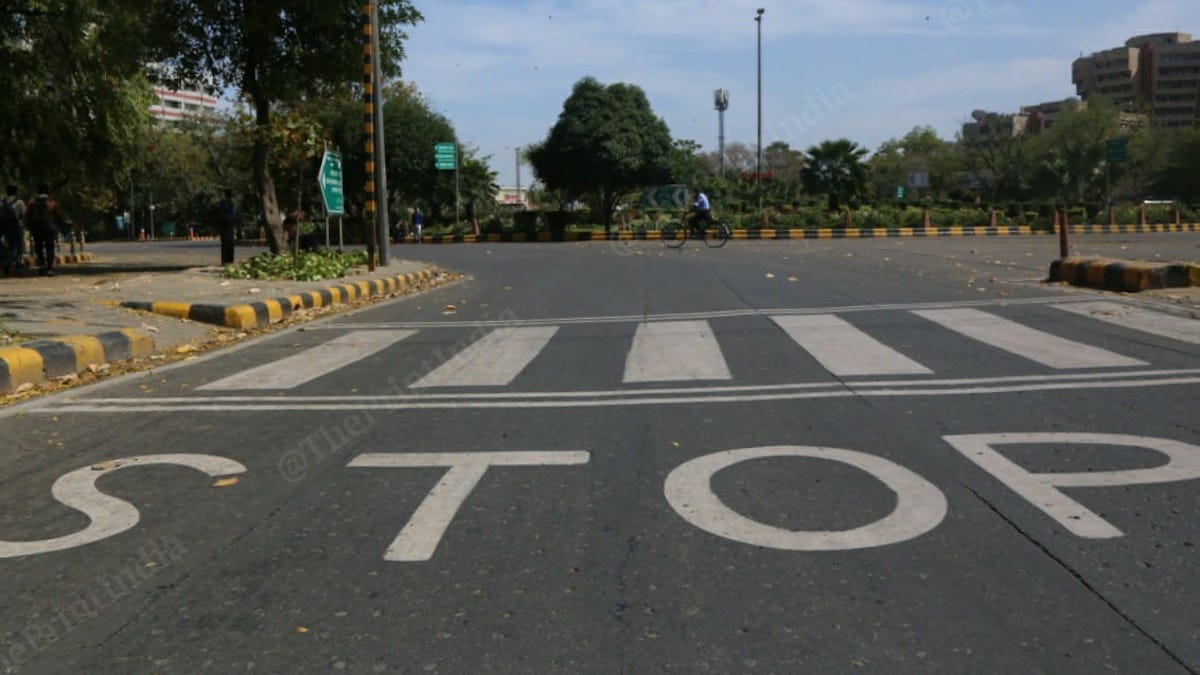The World Health Organisation has urged countries not to reimpose national lockdowns in an attempt to stem the spread of Covid-19 due to social and economic repercussions.
Dr Maria Van Kerkhove, who helps lead the WHO’s pandemic response team as the head of the emerging diseases unit, said countries should instead adopt localised strategies.
By the end of March, as the outbreak spiralled out of control across the globe, well over 100 countries had imposed a full or partial lockdown, affecting billions of people.
Van Kerkhove described these measures as a “blunt, sheer-force instrument” that bought countries time to build the infrastructure needed to tackle Covid-19.
But reflecting on events since the WHO declared a global health emergency six months ago – when fewer than 8,000 cases and 170 deaths had been reported – she added that the economic, health and social costs of lockdown have been “massive”.
“Lockdowns are not something that WHO recommended, but they needed to be used in a number of countries because the outbreaks were growing so quickly,” Van Kerkhove said.
“But we’re hopeful countries will not need national lockdowns again.”




